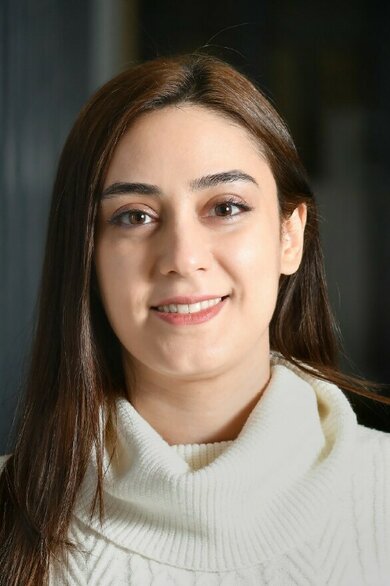
Elham Aligholi received her Bachelor�s degree in Computer Engineering from Shariaty University of Technology, Iran, in December 2012. In 2015, she graduated with a Master's in Information Resource Management from Azad University of Tehran, Iran. Her master's thesis focused on using the ANP method to implement a knowledge management system for the banking industry. Meanwhile, she worked as a data analyst for a banking company for nine years (2012�2021). She was responsible for designing loan and deposit systems in her company and worked on fraud detection and customer segmentation techniques. Her current interests include IoT, system architecture, and cloud data architecture.
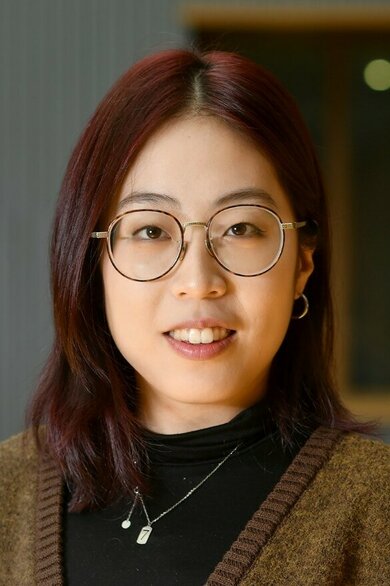
Mingyu An received her Bachelor's degree in Electronic Engineering from University of Electronic Science and Technology of China, in 2018 and Master's diploma in Embedded System at Eindhoven University of Technology (TU/e) in 2021. For her Master's degree project, she worked on the evaluation of quantized LaneNet on a closed-loop system. Nowadays, her main interests include full-stack web development, application development, IoT, and machine learning.
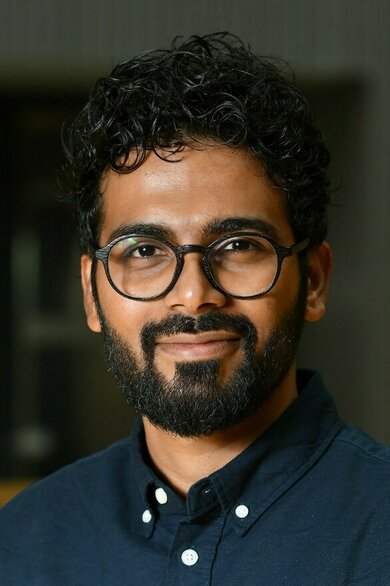
Nirmal Balakumar received his master's degree in Game Programming from the DePaul University, Chicago, USA. His independent research on multithreaded game system architecture is the core of his final thesis. He has worked for one of the most popular game studios in Chicago, Nether Realm Studios as a junior software engineer. He was part of the engineering team that develops the game engine. He worked closely with the game designers and artists to add or modify features to the game engine. His area of interest is game technology and is keen on researching the applications of AI and Machine Learning in video games.
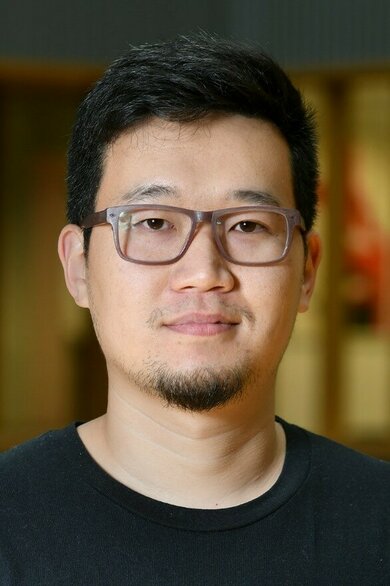
Bilguun Bayarsaikhan earned his Bachelor's degree in Computer Engineering from the Eskisehir Osmangazi University in Turkey. He implemented a NFC-based Android testing module for the Canvas LMS as his diploma thesis. During his professional tenure of six years, he worked on decentralized platforms, mobile applications, web systems, and browser extensions. In his spare time, he writes blogs on Medium, contributes to Open-Source projects, and shares his knowledge on Cloud Computing.
Also, Bilguun is one of the founding members of Machine Learning Ulaanbaatar (MLUB). Bilguun’s current interests are system design and process automation.
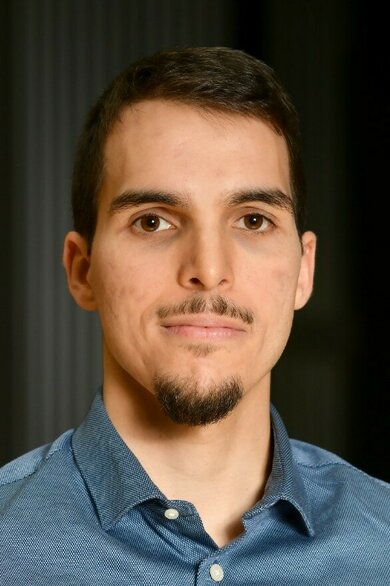
Oussama Chahboune earned his Engineering Degree from the Higher National School of Electronics and its Applications (France) in 2021. The same year, he earned his MSc in Mathematical Modelling and Machine Learning from University College Cork (Ireland). He was awarded with First Class Honours for his master’s thesis entitled “Deepfake Detection using Deep Neural Networks.” After graduating, Oussama worked as a Data and Software Engineer at Artefact. He also has experience with deep learning, image processing, and web development. His areas of interest include computer vision, algorithms, computer simulation, and cybersecurity.
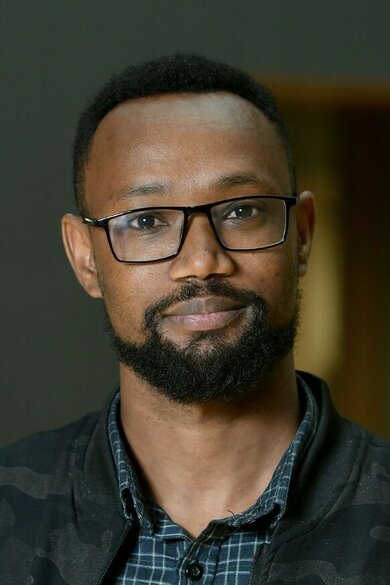
Tesfay Chekole received his Bachelor's degree in Information Technology (Engineering) from Mekelle Institute of Technology, Ethiopia. Then, he obtained his Master's degree in Computer Science with focus on Intelligent System from Mekelle University. For his Master's degree project, he worked designing an intelligent agent counseling and guidance system using chatbot for students. After graduation he served as a lecturer in Mekelle Institute of Technology and worked as programmer at Metkel Tech SC and ReNoStar GmbH. He is more interested in web application development, machine learning, and software architecture and design.
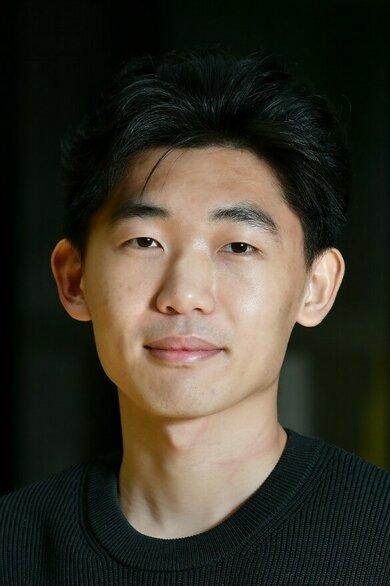
Ziang Chen received his Bachelor’s degree in Mechanical engineering from Dalian Ocean University, China. During his bachelor’s study, he was awarded the National Scholarship (equal to the best performance award). In 2021, he received his Master's degree in robotics from King’s College London. During his Master’s study, he mainly focused on the multiple disciplines of artificial intelligence, from the theoretical aspect to the application. His master’s thesis was about meta-learning spiking neural network control robotics, converting various control problems in the robotics domain to the modern form, and then using the original spiking neural network control algorithm with a meta-learning boosted process to obtain the optimal solution. After his master’s study, he joined Neusoft Corporation as an associate researcher, working for developing state-of-the-art algorithms in trajectory prediction and planning under the self-driving domain. He published a series of research papers and obtained several patents. His current interest is software architecture of complex systems and hybrid IT infrastructure.
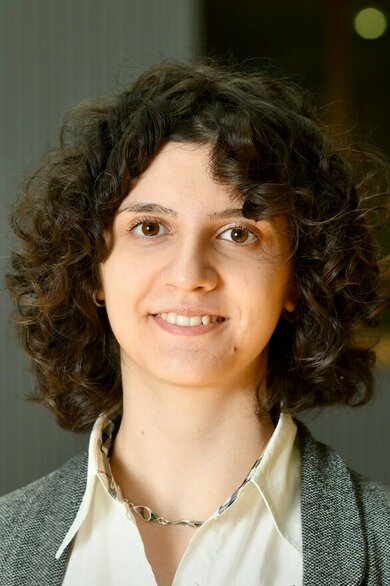
Giusi Di Paolo received her Bachelor's degree in 2020 in Computer Engineering from the University of Salerno, Italy. She obtained her Master's degree in Artificial Intelligence with honors in 2022 from the same university. The focus of her studies was on machine learning, artificial vision, cognitive robotic and statistical data analysis. Her master's thesis was focused on building a natural language processing system capable of translating the user's natural language questions into queries, compliant with specific knowledge graph embedding models. During her academic years, she was selected for the Excellence Course of her master's generation, which is reserved only for students with the highest grades. That experience provided her additional knowledge in the field of offensive cybersecurity. Her interests are mainly in software architecture, machine learning, deep learning, and cognitive robotics.
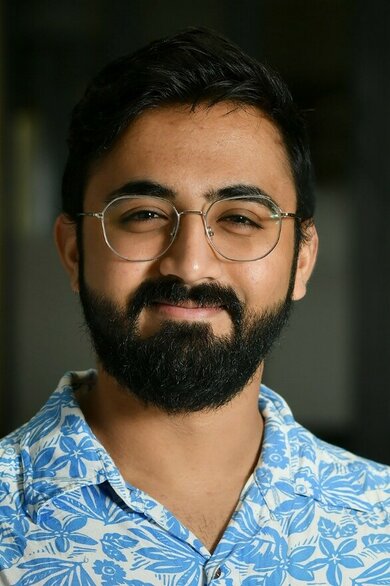
Viraj Singh Gaur received his Master’s in engineering degree in Computer Science from Queen’s University Belfast in 2022. His Master’s project focused on presenting a proof of concept on how abusive adversaries could impact cyber-physical systems. He designed different attack strategies and validated their effectiveness on a system model which mimics the functionality of a cyber-physical system. Previously, he was part of a research team at City University London in 2021 who were interesting in developing learning algorithms that could interpret encrypted data in data sensitive systems. His interests lie in security, data sciences, software architecture and quality, and penetration testing.
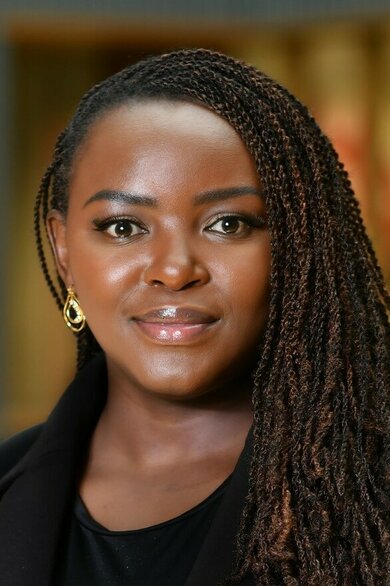
Jecinta Kamau’s area of focus is in software design for machine learning operations MLOPs. She has worked as an AI/Software Engineer designing, developing and deploying ML models to detect defects in infrastructure from drone-captured images and videos. Prior to this, Jecinta spent over 6 years in academic research at Kyushu University, Fukuoka, Japan, where she worked on designing and implementing a community mobility sharing model. She received her Master’s of Engineering at the same university. Her thesis was on a schedule optimization algorithm for vehicle sharing in rural Bangladesh. She also worked on data analysis on a related portable health clinic project in Bangladesh comparing with healthcare data from Hisayama, an ageing population in rural Japan. She went on to present her research in about 14 peer-reviewed conferences and journals, and received 3 presentation awards and a Young Scholar award. Jecinta also holds a Bachelor’s degree in Business and Information Technology from Strathmore University, Kenya, where she graduated top of her class.
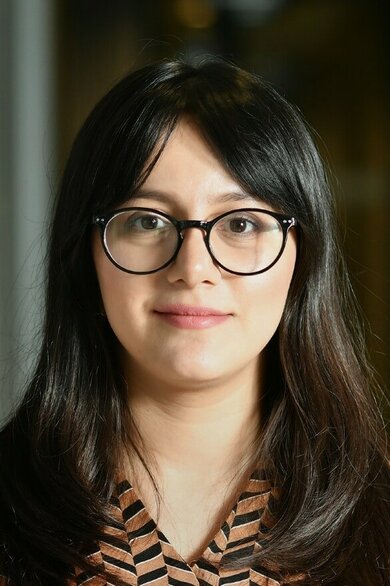
Gulnar Najafova-Gasimova received her Bachelor's (2017) and Master's degree (2020) in Computer Science from Baku State University, where she graduated with honors. In her master's thesis, she worked on a software solution for automating the educational process using web technologies and developed a web-based software by using the Django framework. During her master's study, she kept close to industry by working as an intern, researcher, and software developer in different places. She did a research internship at Ecole Polytechnique Federale de Lausanne, one of the most ranked universities, and CERN, one of the world's largest and most respected centers for scientific research. She completed her internship project with CERN titled "Expanding testing infrastructure of hls4ml" and published an article about it. The project involved designing a testing infrastructure to validate the implementation of new features added to the hls4ml library. The infrastructure touches the whole hls4ml usage pipeline, from model conversion, internal representation to HLS synthesis and resource estimation. Gulnar was awarded scholarships of Grace Hopper Celebration twice and ACM Celebration of Women in Computing womEncourage, and participated in their conferences. She is mainly interested in software architecture design and web development in practice.
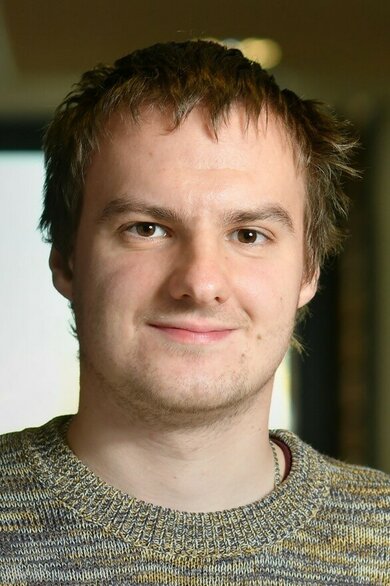
Daniil Rumiantsev earned an engineering degree in Computer Security from the National Research University Higher School of Economics, Moscow, in 2020. He specialized in mathematical methods of information protection. His graduation thesis was devoted to the development of authorship identification methods based on textual information. From 2019 to 2022 Daniil worked in SafeTech Ltd, Moscow, on embedding digital signature algorithms in banking applications for Android platform. He is interested in software architecture, data science and cyber security.
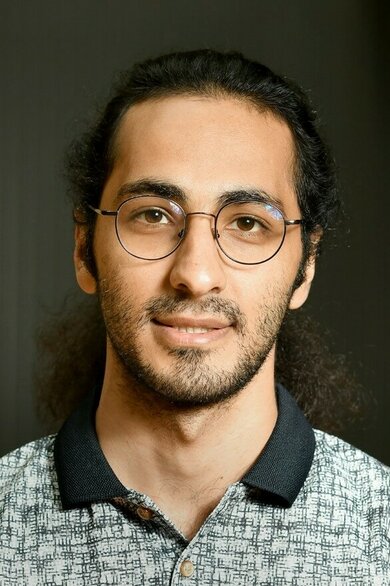
Majid Salehi started his career as a software developer after finishing his Bachelor's program in Computer Engineering. After a while, he discovered my desire for the network engineering field. Thus, he started his Master's program in Information Technology (Network Engineering), changed his job, and became a network engineer in an international telecommunication company. He got promoted to the positions of team leader and technical manager. He was responsible for requirements analysis, solution design and development, testing, and network maintenance to deliver country-level projects for almost ten years. Currently, he is curious about software solution architecture and design, project management, business consultancy, and inter-domain systems, especially the telecommunication, health, and software domains.
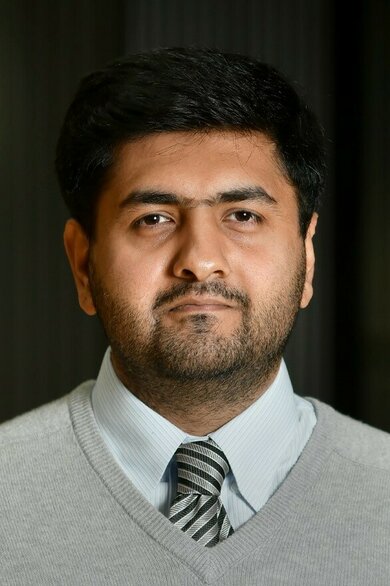
Osama Ahmed Tahir earned his Bachelor of Science in Computer Science from Air University in Pakistan in 2017. In 2020, he earned his Master's Degree in Information Technology at Deakin University in Australia. He completed his thesis, "Deep Learning Recommendation System: A Critical Review," and then published his findings in the IOP Science Journal. The primary goal of this research was to determine whether modern deep learning algorithms live up to expectations. He won a number of hackathons sponsored by Air University, the Australian government, and the Facebook Developer Circle. He has extensive expertise in both open source and corporate settings. He has worked as a Software Engineer with IBM, Glocally, Ford Motor Company, and the Wikimedia Foundation. Nowadays, he is strengthening his expertise in software architecture and cloud computing.
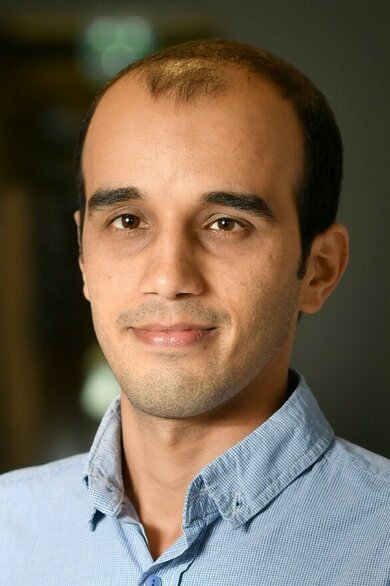
Hassan Teymoori received his Bachelor’s degree in Computer Software Engineering in Iran. After completing his bachelor’s program, he joined the web development team of a company in Iran as a full-stack developer for two years. During this time, he built a web-based layer between designers, company clients, and customers in designing e-commerce websites. He then decided to return to academia and study abroad. He obtained his Master’s degree in Computer Science with a focus on machine learning, deep learning, and cloud computing from Sapienza University in Rome, Italy. His Master’s thesis focused on visual recognition for augmented reality. The goal was to simulate the shoe shopping experience in an augmented way on the customer's smartphone. In this thesis, he worked on different neural architectures as well as mobile development in order to create an AI application. Hassan’s main interests revolve around the design and development of real-time intelligent systems with Machine Learning capabilities and full-stack web development.
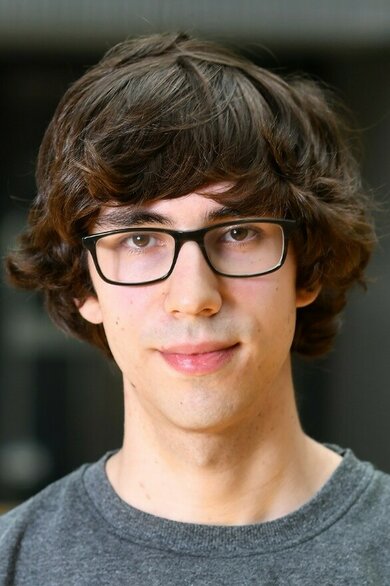
Menno Theunis received his Bachelor’s degree in Computer Science from the Technical University of Eindhoven in 2020. Following this, he obtained his Master’s degree in the same field cum laude. His master’s thesis was focused on the dynamic graph coloring problem, for which he compared and combined various algorithms in order to achieve a more effective trade-off between number of colors and number of recolors in a graph. Menno’s main career interests are game development, research, and software development related to algorithms.
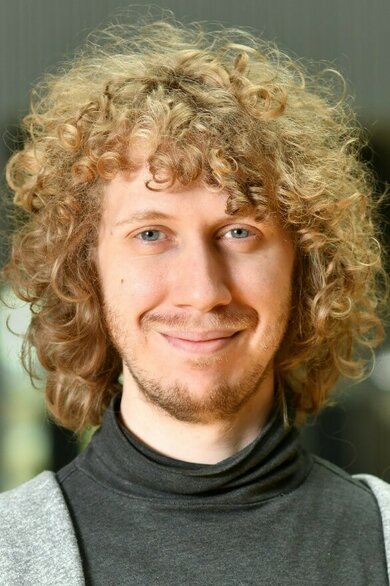
Gijs Walravens received his Bachelor's and Master's degree in Computer Science from Eindhoven University of Technology (TU/e). His master's thesis, "Virtual soccer champions: a case study on artifact reuse in soccer robot digital twin construction," covered the creation of a digital twin for TU/e's robot soccer team Tech United. The main findings showcased a potential workflow for developing digital twins by adapting existing artifacts. These findings were subsequently presented and published in the MODELS '22 conference in Montreal. During and after his studies, Gijs has worked as a web developer and as a programming course instructor at the TU/e. His main interests are software design, project management, and education innovation.
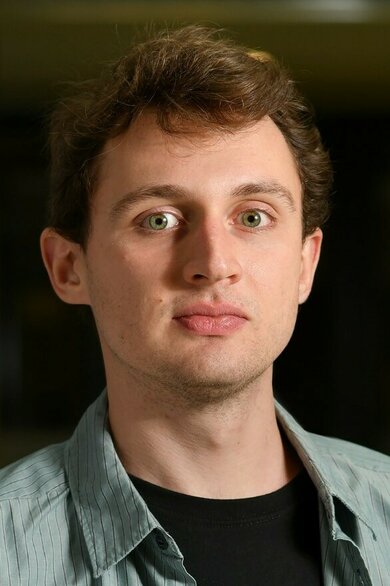
Mihai Andrei Zelina received his Bachelor’s (2020) and Master’s (2022) degrees in Computer Science from the Technical University of Eindhoven. He specialized mainly in Algorithms and Software Technology, while also working as a Teaching Assistant in numerous related courses throughout his studies. During his Bachelor’s program, he was a member of the Honors Academy, having participated in the Competitive Programming and Problem Solving track, where he focused on deriving and implementing solutions to algorithmic problems. He also participated in competitions, the most notable of which is the Northwestern Europe Regional Contest. His Master’s thesis was undertaken with the Algorithms, Geometry & Applications cluster, where he developed an algorithm for a pick-and-place machine prototype developed by Kulicke & Soffa. His current interests include algorithms, programming methodologies, software design, data analysis, and project management.